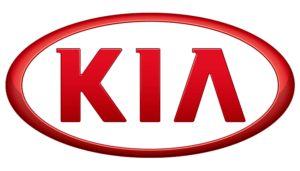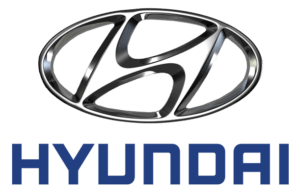WASHINGTON, D.C.  (Nov. 9, 2018) — Imagine driving down the road and your vehicle suddenly catches on fire for no apparent reason or you wake up and your garage is engulfed in flames.
(Nov. 9, 2018) — Imagine driving down the road and your vehicle suddenly catches on fire for no apparent reason or you wake up and your garage is engulfed in flames.
Every day for roughly four months, a Kia or Hyundai owner reported cases similar to this. Their vehicle caught on fire even though there had been no collision involved, The Center for Auto Safety reports.
In fact, The Center for Auto Safety reports there has been one death and numerous injuries resulting from these spontaneous, non-collision fires. Even more troubling, however, is the fact that there could be additional victims if nothing is done, said James Johnson, a California lemon law attorney who also handles personal injury claims.
“Owners of affected Kia and Hyundai vehicles are driving ticking time bombs,” Johnson said. “It’s unconscionable that these auto makers are not taking immediate action to recall these potentially dangerous vehicles.”
The independent non-profit consumer advocacy organization is now demanding that Hyundai Motor America and Kia Motors America recall all vehicles identified as ones that are at risk of suddenly catching fire. Those vehicles are 2011-2014 Kia Sorento, Kia Optima, Hyundai Sonata, and Hyundai Santa Fe, and 2010-2015 Kia Soul vehicles.
The situation has gotten the attention of U.S. Senate Commerce Committee. A hearing was scheduled for Nov. 14th, but the CEOs of Kia and Hyundai failed to show up and testify before Congress to explain the cause of the onslaught of burning car incidents across the United States.
Hyundai Motor Group owns both the Kia and Hyundai brands.
“Hyundai welcomes a more comprehensive review of non-collision fires among all automakers as recent research published by the Highway Loss Data Institute demonstrates that these incidences are not limited to Hyundai vehicles,” Hyundai said in a statement.
Kia’s statement mirrors the one by Hyundai in that it points out that this problem has been experienced by other auto maker’s brands.
“Non-collision fires are not limited to Kia vehicles as research from the Highway Loss Data Institute, an independent, nonprofit research organization shows,” the Kia statement reads.
However, the lion’s share of the incidents reported are for Hyundai and Kia vehicles.
 More than 220 consumer complaints involving these non-collision fires have been reported to the National Highway Traffic Safety Administration (NHTSA) as well as the Center for Auto Safety.
More than 220 consumer complaints involving these non-collision fires have been reported to the National Highway Traffic Safety Administration (NHTSA) as well as the Center for Auto Safety.
Indeed, even though both auto makers know of the problem, there has been no recall or notice to remove these vehicles from our roadways.
Consumer complaints include:
- 2011-2014 Kia Optimas and Sorentos
- 2011-2014 Hyundai Sonatas and Santa Fes.
- 2010-2015 Kia Souls
The NHTSA initiated an investigation back in August and were told by both companies that they were investigating the fire issue using independent engineering experts and fire investigation companies.
In August, NHTSA opened an investigation, weeks after the CAS petitioned them to do something about this potential safety hazard. Kia and Hyundai both stated they are seeking answers by working with the NHTSA and that the companies are concerned about customer safety.
Hyundai, Kia Lemon Law Help
FREE CONSULTATION at 855-703-4186
 Motorists who are grappling with ongoing problems with their Kia, Hyundai or any other vehicle, could be eligible for compensation under California and or Federal Lemon Laws.
Motorists who are grappling with ongoing problems with their Kia, Hyundai or any other vehicle, could be eligible for compensation under California and or Federal Lemon Laws.
Johnson Attorneys Group is dedicated to helping people and has served thousands of clients over the years. We handle both lemon law and personal injury cases. We helped our clients resolve their cases and we can help you.
Call us for a FREE CONSULTATION at 855-703-4186. In lemon law cases, our attorneys fees do not come out of your settlement because the manufacturer is required to pay them directly to us under California Lemon Laws. However, for personal injury claims, our fees are paid only if we obtain a settlement for you.
- NHTSA Investigates 2022 Ram Pickup, Jeep Wagoneer SUVs Engine Stalling - July 23, 2024
- Tesla Recall to Fix Seatbelt Issue in Model X, S, Y and 3 Vehicles - July 17, 2024
- What are the 4 Latest Recalls for Tesla Cybertruck? - July 17, 2024
